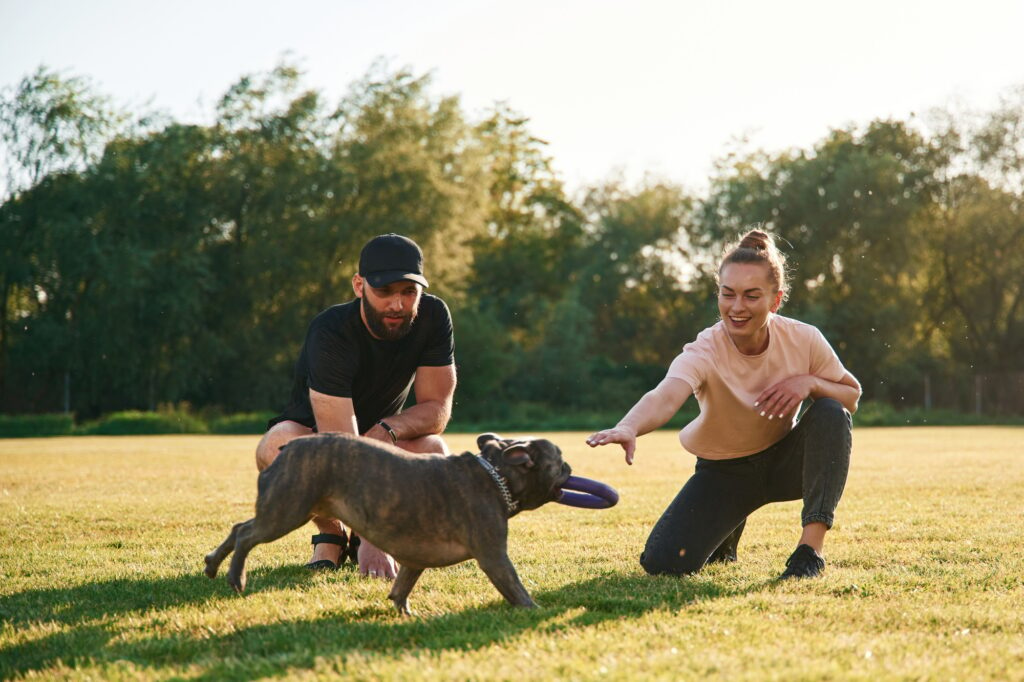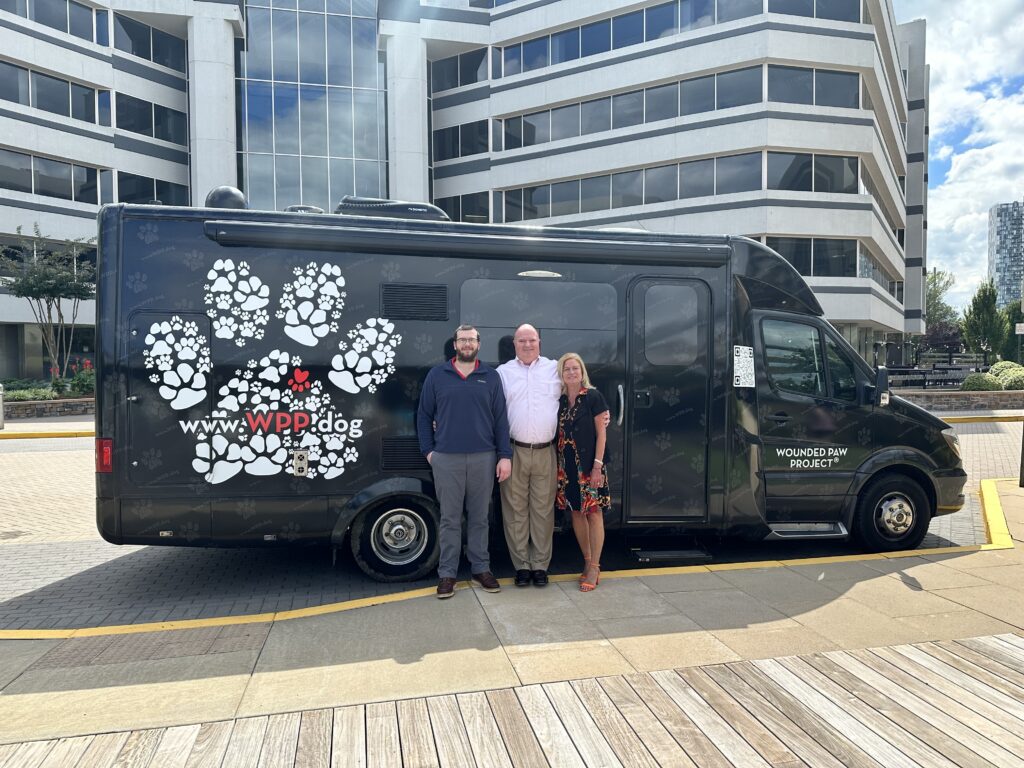Breed-Specific Legislation (BSL) sounds simple on paper: restrict or ban certain “dangerous” breeds to keep communities safe. But the reality is far from effective — and devastating for countless families and their dogs.
What is BSL?
Breed-Specific Legislation refers to laws that ban or restrict ownership of certain dog breeds, often targeting “pit bull–type” dogs, Rottweilers, Dobermans, and others. These laws are usually passed after fear-driven incidents, fueled by media headlines and public pressure.
Common BSL measures include:
- Outright bans on specific breeds
- Mandatory muzzling in public
- Special permits or insurance requirements
- Mandatory spay/neuter rules for targeted breeds

The Problem with Appearance-Based Laws
The biggest issue with BSL is that it judges dogs by how they look, not how they behave.
“Pit bull” isn’t even a single breed — it’s a broad label applied to many dogs with blocky heads or muscular builds. Studies show that shelter staff, animal control, and even veterinarians often misidentify breeds. That means a dog can lose its home, or even its life, simply because of mistaken identity.
Does BSL Make Communities Safer?
Research says no.
- No reduction in bite rates. Cities with BSL don’t see fewer dog bites than cities without it.
- Punishes the wrong dogs. Well-loved family pets get torn from homes while irresponsible owners of other breeds continue neglecting or abusing animals.
- Wastes resources. Animal control officers spend time and money enforcing appearance-based bans instead of focusing on real problems: abuse, neglect, and untrained or unsupervised dogs.

What Works Instead of BSL?
Instead of banning breeds, communities can adopt laws that address the root causes of dog-related incidents:
- Enforce leash and containment laws. Dogs should be responsibly supervised, not roaming the streets.
- Educate owners. Training, socialization, and proper care prevent the vast majority of issues.
- Hold individuals accountable. Dangerous-dog laws should target behavior, not breed.
The Human Cost of BSL
For families, BSL means heartbreak. Many have been forced to surrender beloved dogs — pets who never showed aggression — because of where they live or what their dog looks like. In some cases, dogs are euthanized simply for existing in the “wrong body.”
At Wounded Paw Project, we’ve seen firsthand how these laws devastate both people and animals.
Why We Fight Against BSL
Every dog deserves to be judged as an individual. Just as humans aren’t defined by stereotypes, dogs shouldn’t be defined by breed labels.
Ending BSL means:
- Families stay together.
- Communities use resources where they actually matter.
- Dogs are given fair treatment and the chance to thrive.



What You Can Do
- Learn about BSL in your area.
- Speak out at city council meetings or support repeal efforts.
- Share the truth about dog behavior and responsible ownership with your community.
At the end of the day, BSL is built on fear, not facts. And fear should never be the basis for laws that decide whether a family gets to keep their beloved pet.
